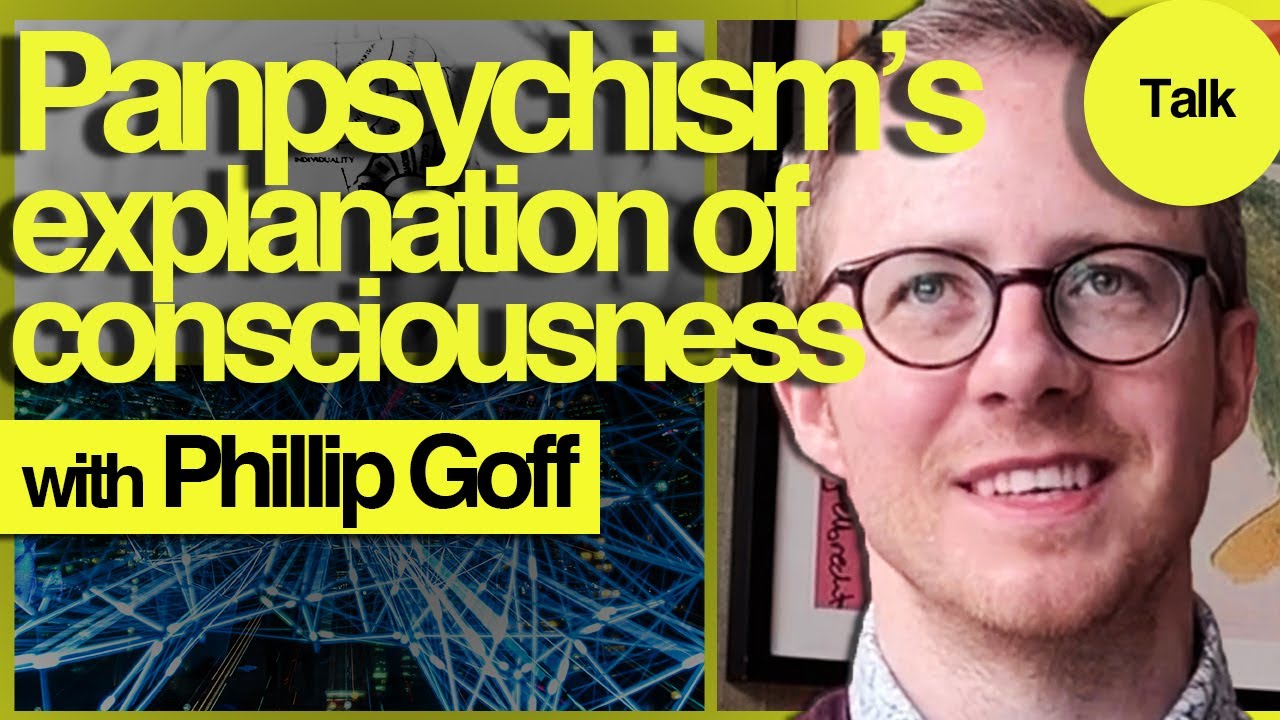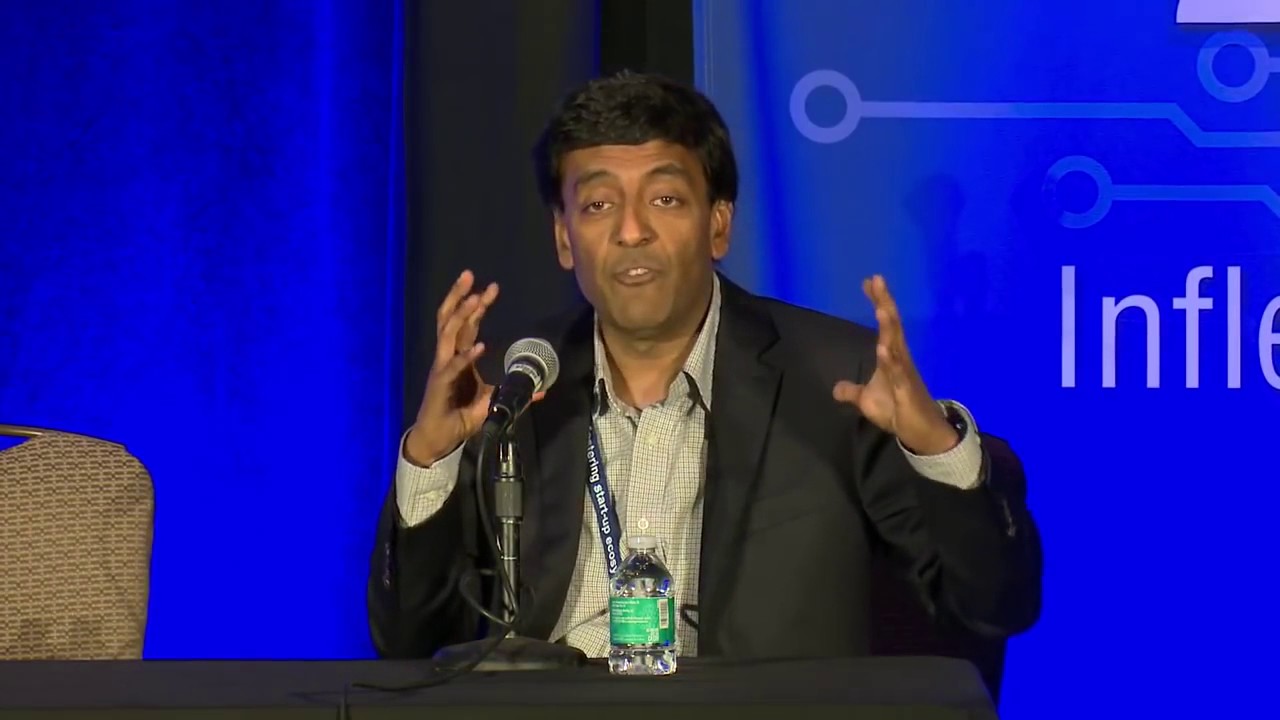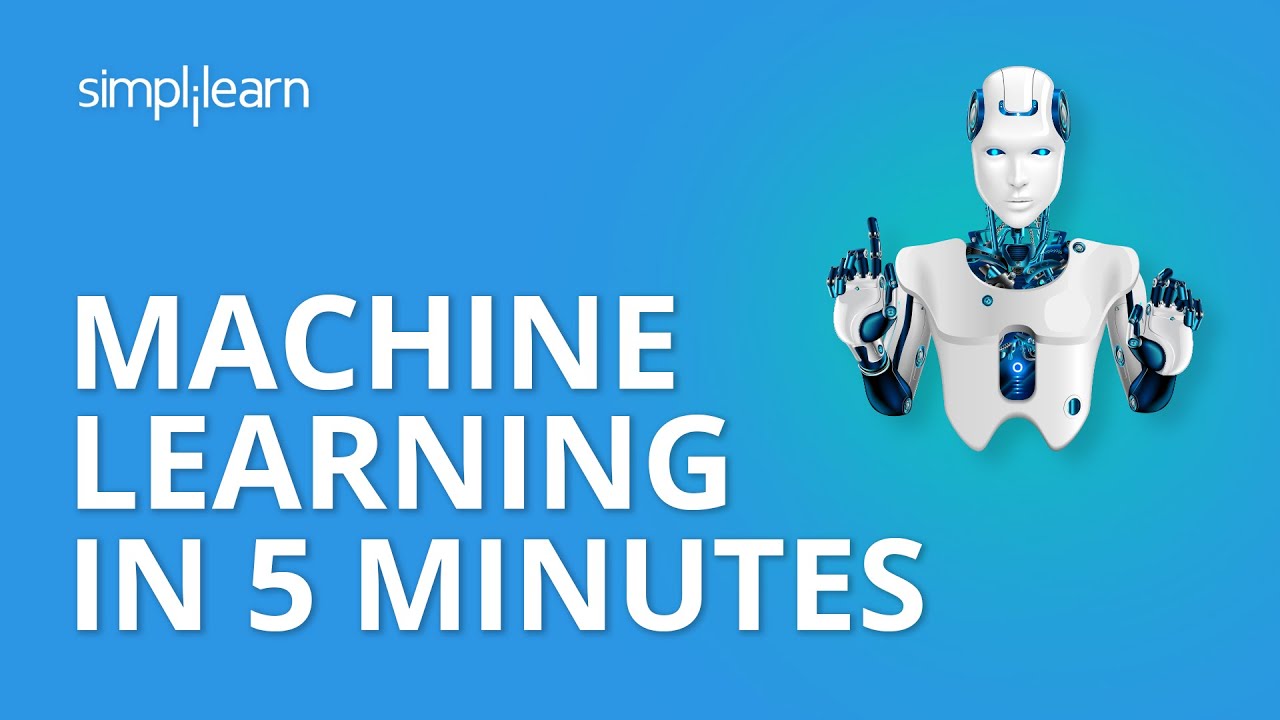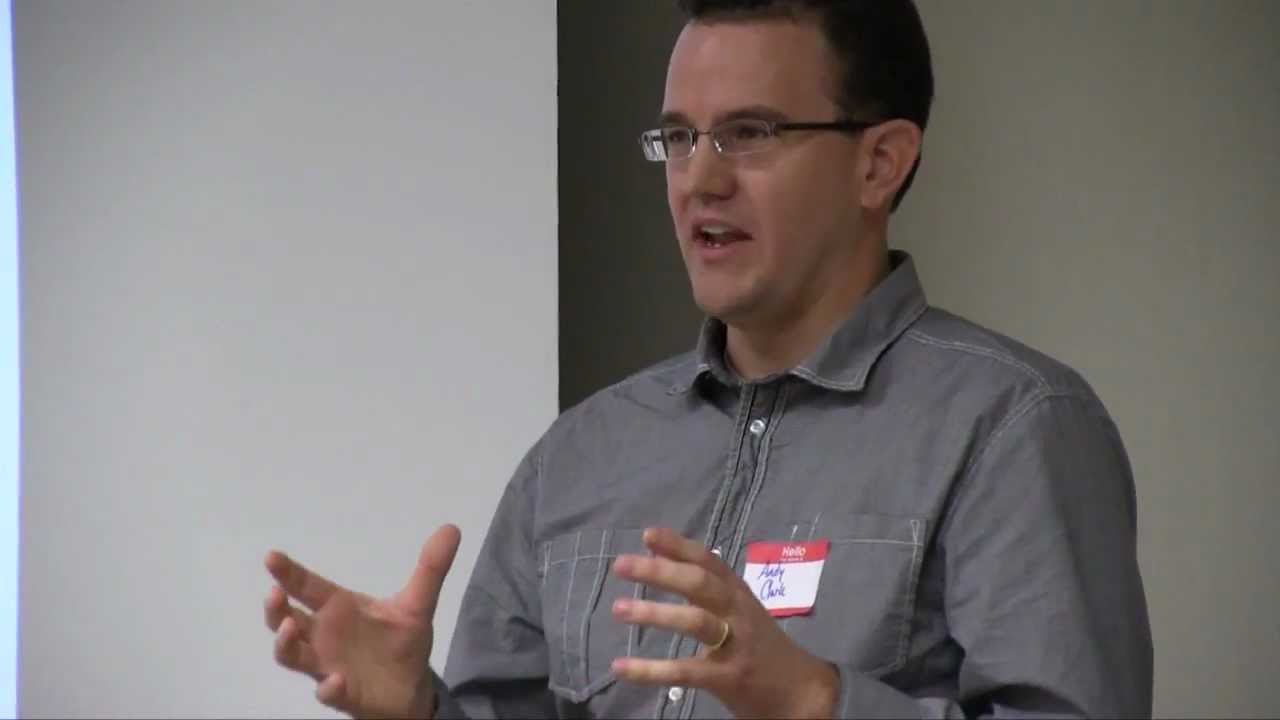The Institute of Art and Ideas
Philip Goff argues for panpyschism as a solution to the problems of materialism and dualism.
Watch the full talk at https://iai.tv/video/the-consciousness-puzzle-panpsychism?utm_source=YouTube&utm_medium=pinnedcomment
Could all matter in the universe be conscious? Professor of Philosophy Philip Goff argues that panpyschism is real and solves the deep problems of materialism and dualism that have plagued philosophy for centuries.
#panpsychism #consciousness #philosophy
Philip Goff is a philosopher and consciousness researcher at Durham University, who is a leading defender of panpsychism. ‘Suddenly the universe appears in a new and much more revealing perspective.” Phillip Pullman
Visit IAI.tv for our full library of debates, talks, articles and podcasts from international thought leaders and world-class academics.
The Institute of Art and Ideas features videos and articles from cutting edge thinkers discussing the ideas that are shaping the world, from metaphysics to string theory, technology to democracy, aesthetics to genetics.
For debates and talks: https://iai.tv
For articles: https://iai.tv/articles
For courses: https://iai.tv/iai-academy/courses
Source




What do you think of Phillip Goff's ideas? Leave a comment below
You can watch the full talk at https://iai.tv/video/the-consciousness-puzzle-panpsychism?utm_source=YouTube&utm_medium=pinnedcomment
The idea that science has become so quantitatively-focused (to the detriment of qualitative concerns) makes a lot of sense once you draw upon Marxian base/superstructure theory. The so-called modern era of the last few centuries has pushed capital and exchange (fundamentally quantitative ways of relating to people and to the economy) into a place of dominance/hegemony, where everything is given a price and everything is objectified into a resource that can be turned into a commodity that in turn can generate capital. Capitalism is the quantitative impulse colonizing all avenues of life. The framing and focus of modern science reflects this, insofar as it's argued that the whole universe can be broken down into quantitatively-defined pieces of dead matter/exploitable resources. Without rejecting the quantitative, I believe that we absolutely need a rebirth in the qualitative dimensions, which is advocated in philosophies like panpsychism and in political ideologies like eco-socialism (which imbues nature with intrinsic value and democratically organizes the economy around qualitative use-values rather than quantitative exchange-values; i.e. we should put people in homes because homes are part of a qualitatively well-lived life and because we have the means to do so, and not because selling houses can generate capital for a choice few property owners).
For anyone new to this topic, when we claim that the lone tree falling in the woods does not make a sound, we are not claiming it does not emit sound waves that have the potential to create a noise within the consciousness of a potential hearer.
This video is not complete and does not even mention panpsychism. Thumbs down.
I watched this video earlier and this man said that the universe was consciousness its self and us humans were gifted with the capability to experience this level of consciousness. He said consciousness exist everywhere around the universe, so say u flew out of the universe somehow, and consciousness didn’t exist out of it, you would lose your perception of reality, either be turned to ai, just a animalistic human with no ego or u would disappear, ion fuckin know. but compare us to every other being on this planet, notice how we are at top of the food chain, were smarter, more conscious, we know how to perceive our world more, etc. He said that animals have conscious and that they are sentient(can feel ), but not to a degree we are. cool lil theory but who knows
So could one break down panpsychism to a kind of fundamental ontological RELATIONISM? Wouldn't be the name PANRELATIONISM a better description then?
Phil you need a lifeline. CALL BERNARDO!
"If a tree falls in a forest and there's no one there to hear it, does it make a sound?" No, but a wave is still there. A sound is what your brain makes out of it – your subjective interpretation of that wave. If I put a tomato in the fridge is it still red? The world of experience that is in our heads is different from the actual objective reality that isn't. We live in the world of experience whilst stuck in true objective reality that we can never truly experience.
I am a devout atheist, of course. Please help me to know that I will see my beloved husband again or I will probably go mad here. You begin with "consciousness" ; isn't that an argument from "ignorance"? How do we know it is not all simply the brain? I will listen to this again. I like you.
Shame on this channel.
This is a stolen concept from Advaita Vedanta Philosophy which is 2000 years.
Philip Goff says early on that by what he means by consciousness is the existence of experience. He uses the example of pain, if he is to equate consciousness on this level then the reaction of the nerve system is a form of consciousness and Mutatis mutandis; everything with a form of sensory input is conscious. He then makes a leap to the idealist notion of consciousness in the mind. How did he arrive at this conjecture? It would be interesting to hear the arguments that he uses to get there.
WTF – this so-called 'panpsychism' is at best appropriated and at worst plagiarized from Hindu thought. The sanatana dharma tradition (what you now call Hindusim) has discussed, dissected, taught, and experienced individual, universal & unity consciousness for thousands of years. We have been there and done that at-least 5K years ago. Can the West stop plagiarizing and repackaging Hindu ideas, and acknowledge the source, at least once? "Consciousness studies" is 20th c. Quantum Mechanics revolution deja-vu all over again (pun intended).
In fact, Europe (& West) had made an industry out of milking & lifting Hindu thought without acknowledgement (while cleverly wrapping westernized jargon & frameworks to make it sound original & give an out if questioned) in countless areas of knowledge from middle ages onwards, cf. Yoga, Pranayama, Ayurveda, Jyotisha…
Shame!
Indeed, even without awareness, a branch will fall, and still be instinctively heard. For to hear is instinctive; but, to listen, is to be aware of.
Please feel free to share my website, you can MAKE BLOTTER PICS there!
Awareness is known by awareness alone.
Sometimes, I like to think of panpsychism as the last-ditch effort of physicalists to have excuses to not see God; but again, if they run out of reasons, having rational conversations will become quite tricky, now won't it?
All things percieved are only perceived do to the light, as Tesla once said everything is light.
👁✝️👁
Phil Goff needs to become an idealist. The problems are great with this idea of his.
Ahh! The question becomes what converts a vibration (a sensory input into a particular area of the brain) into a higher vibration (labelling as red, etc. into a sense what is being experienced from sensory inputs)?
Great presentation … but
1. Why should we assume that science will not be able to explain consciousness?
2. Why should philosophy assume it can even suggest answers when it does no research in the areas?
3. When did philosophy ever come up with something new that science failed to discover?
If the falling tree makes the needle of a sound level meter twitch, does that mean the meter is conscious? I don't think so! A falling tree in an empty forest does make a sound even though there's no one there to hear it.